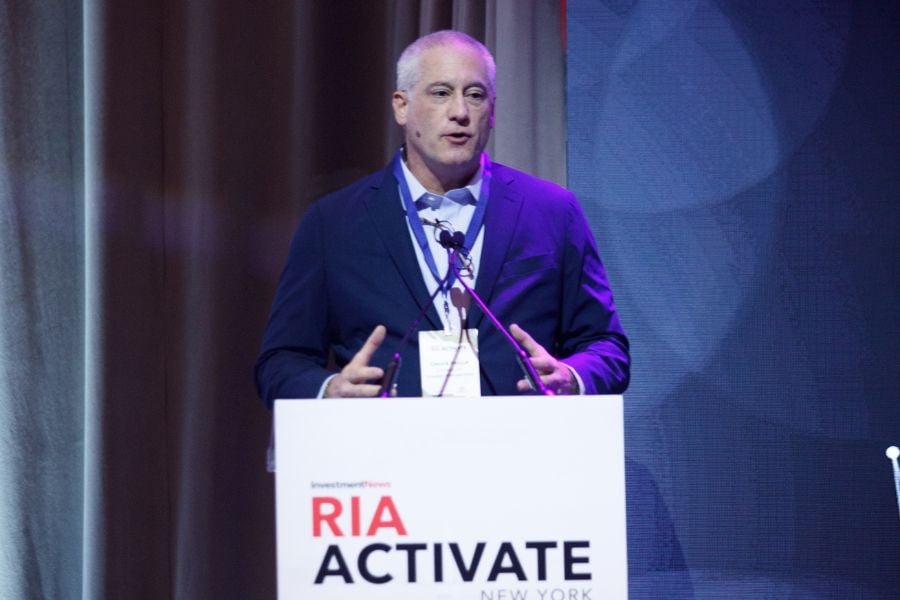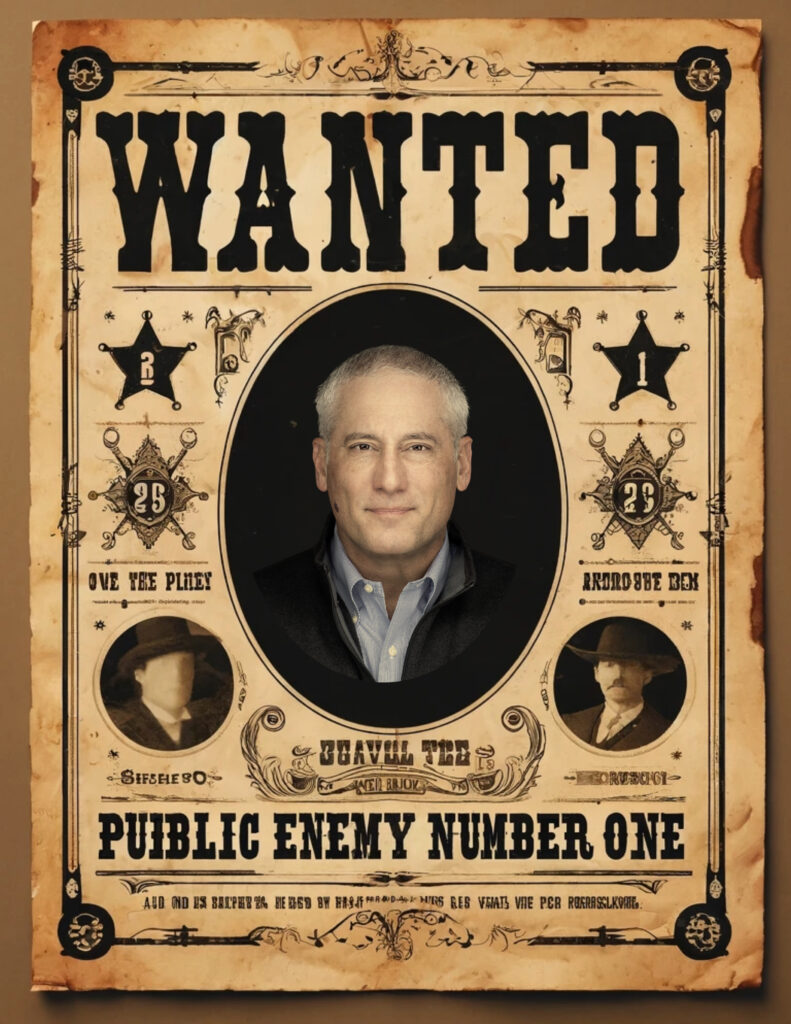

Chuck Failla, of Sovereign Financial Group, has built a reputation for his critical stance on the broker-dealer model. A staunch advocate of the Registered Investment Advisor (RIA) approach, he underscores the growing demand for fiduciary advice as a significant driver of the RIA sector’s expansion.
“There’s a big difference between the broker-dealer model and the RIA model,” Failla states.
The former is often commission-based and lacks a strict fiduciary standard, while the latter is mandated to act as a fiduciary.
Failla’s criticism of the broker-dealer model stems from what he believes are its inherent conflicts of interest.
“I stand by my critical stance of the broker-dealer model as an advice delivery solution,” he says. “That said, while I do believe the broker-dealer model is a very poor advice delivery solution, I do believe it is a very good product delivery solution.”
But he explains that clients often struggle to distinguish between salespeople and advisors, leading to confusion about the nature of the advice they receive. “There’s nothing wrong with selling a product, but there is a problem if a consumer cannot discern who is a salesperson selling them a product, as opposed to an advisor who’s giving advice,” he says.
The broker-dealer model, according to Failla, can put undue pressure on advisors to sell specific products. “Commission does a pretty good job in biasing the folks. If someone has the ability to sell product A and product B but product A is gonna pay them twice as much, they might choose to do the right thing, but they are certainly incentivized to do the wrong thing.”

Fiduciary standard
Failla prefers to rely on fiduciary advisors who are obligated to act in their clients’ best interests always, thus greatly reducing the potential for biased advice. And he believes that there is a significant shift underway in consumer awareness about fiduciary standards.
“Twenty-five years ago, when I told prospects I was a fiduciary, it didn’t resonate. Today, at least one out of three new prospects asks if I’m a fiduciary. That’s progress.”
This heightened awareness is particularly pronounced among younger clients, who are set to inherit trillions of dollars in the coming decades. “The younger generation is much more in tune with the idea of who they are getting advice from,” Failla explains.
However, transitioning to independence presents its own set of challenges. Failla, who moved from being a stockbroker to an independent advisor, acknowledges the complexity of this transition. “There’s good news and bad news, and they’re both the same: there’s a ton of choice,” he says.
Advisors must decide whether to build their own RIA or join an existing one, each path offering numerous options. For those opting to join an RIA, Failla recommends thorough research and networking.
“Talk to other advisors that have done it. Go to conferences. The real value is in the coffee breaks and the one-on-one conversations,” he advises. This firsthand information is invaluable for making informed decisions about the right path to take.
At Sovereign Financial Group, Failla has focused on creating a supportive environment for advisors. He recounts an anecdote from a conference where a peer touted their firm’s high payout, which he found amusing. “In the RIA world, we all have a high payout. The question is, what are the value-adds that your RIA delivers?”
Tough choices
At Sovereign, these value-adds include a flexible compliance methodology (which they call Compliance Your Way), an in-house, ultra-low-cost Turnkey Asset Management Program, full client support services, and a soon-to-launch alternative investment fund-of-funds with zero management costs.
Failla emphasizes the importance of alignment between the advisor’s needs and the RIA’s offerings. “If you’re a financial planning-oriented advisor that’s looking for a TAMP built to integrate with cashflow-based financial planning (like eMoney), alternative investments, and client support, we’re a great fit. If not, there are a few hundred other firms you should talk to,” he says.
Sovereign limits the number of advisors to maintain a close-knit, boutique feel, ensuring personalized support and a direct line to the CEO.
Innovation is key to adapting in this ever-changing field. Failla describes Sovereign’s efforts to stay ahead, including compliance flexibility and new financial products. “We’re one of the few firms that have capped the number of advisors we’ll take on. Once we reach 40, we stop bringing on advisors to maintain our small, intimate setting.”
For advisors considering independence, Failla advises a strategic approach. “Pick 10 or 12 different firms, ask about their payout, compliance, trading system, and support. Compile your findings and make an informed choice.” This meticulous approach ensures that advisors align with firms that best support their professional goals and client needs.
As fiduciary standards become more prominent, advisors must adapt to meet the growing expectations of their clients. Through thoughtful decision-making and a focus on fiduciary duty, advisors can navigate these changes and continue to provide exceptional service.
Failla’s journey from stockbroker to independent advisor has given him a unique perspective on the industry’s evolution. “When I transitioned to fee-based fiduciary advice 25 years ago, I thought it would open the floodgates to business,” he says. “But back then, most prospects didn’t understand or care about the fiduciary standard. Fast forward to today, and it’s one of the first questions they ask.”
This shift, Failla believes, is indicative of a broader trend toward transparency and client-centered advice in the financial services industry. “The fact that consumers, especially the next generation, are more aware and demanding of fiduciary standards is huge progress,” he says. “It’s fueling the move to the RIA space, as advisors see the writing on the wall and shift to models that prioritize their clients’ best interests.”

Summit Financial unveiled a suite of eight new tools, including AI lead gen and digital marketing software, while MassMutual forges a new partnership with Orion.

A new analysis shows the number of actions plummeting over a six-month period, potentially due to changing priorities and staffing reductions at the agency.

The strategic merger of equals with the $27 billion RIA firm in Los Angeles marks what could be the largest unification of the summer 2025 M&A season.

Report highlights lack of options for those faced with emergency expenses.

However, Raymond James has had success recruiting Commonwealth advisors.
Orion's Tom Wilson on delivering coordinated, high-touch service in a world where returns alone no longer set you apart.
Barely a decade old, registered index-linked annuities have quickly surged in popularity, thanks to their unique blend of protection and growth potential—an appealing option for investors looking to chart a steadier course through today's choppy market waters, says Myles Lambert, Brighthouse Financial.
